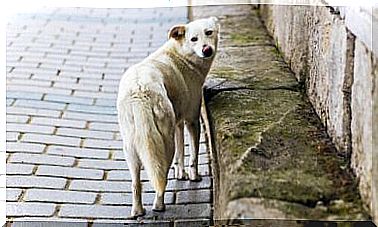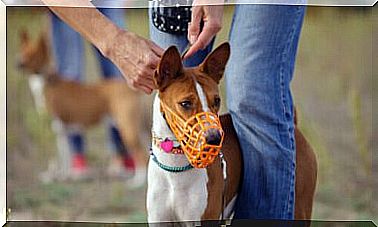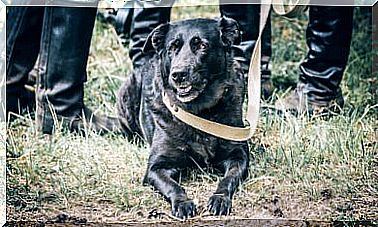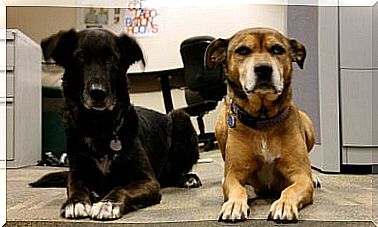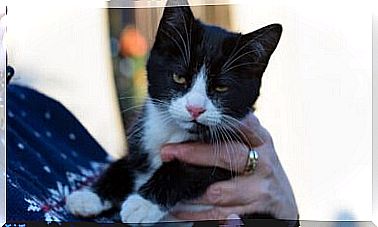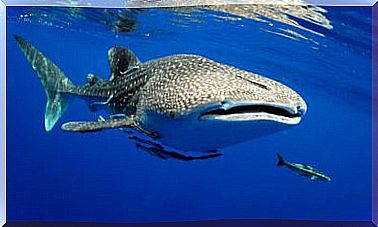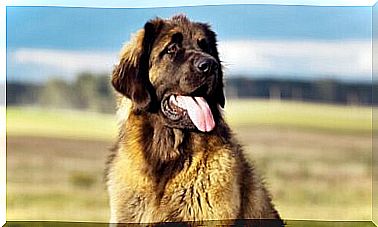The Poodle Dog: An Affectionate Companion
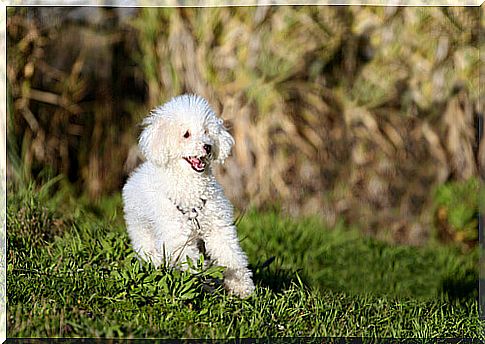
It is strange to meet someone who does not know this breed, that of the Poodle dog: as soon as you mention it, their strange hairstyles, their elongated snouts or their beautiful soft curls immediately come to mind.
In any case, when you see one around, the reaction is always the same: how cute they are! These dogs are also known by other names, such as Poodle or Poodle.
Poodle is actually the English name and means exactly the same dog breed. These are animals originating from Germany, used exclusively by the aristocracy and nobility as a retriever during hunting trips, to retrieve prey that fell into the water.
Its noble origins perhaps explain the elegant way of walking these animals have and the reason for their extravagant hairstyles.
Types of Poodle
There are different varieties of Poodle, depending on the size: large, medium, dwarf and toy. What unites them is the soft fur, the long ears and the elongated snout. Furthermore, regardless of the variety you choose, you can find in each of them the typical colors of the Poodle: white, brown, black, gray, apricot and red.
The Dwarf Poodle and Toy Poodle are the most popular, as most people think these smaller dogs are more cuddly and affectionate. However, this is a baseless idea, since, in addition to the color of the coat, the personality traits are the same for all sizes of this breed.
Because in reality the Poodle is an extremely affectionate dog, regardless of his size. And since, usually, in a dog this is the quality that everyone is looking for, the Poodle will not disappoint you at all.
The Poodle, affectionate and empathetic
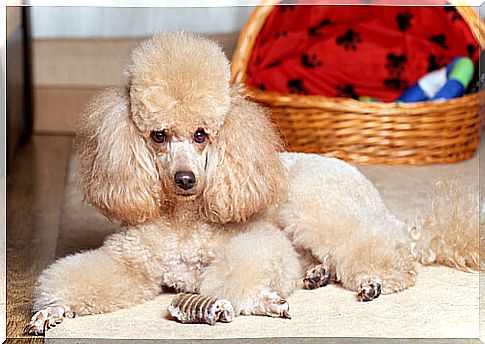
The Poodle stands out for being a very sociable dog, which is why he will love you and your family unconditionally from the first moment. However, it must be said that all the love that this dog shows you must be repaid with the same coin: the Poodle loves you and wants to be loved, with words but also with deeds.
He will constantly demand displays of affection from you, giving you just as many.
With his behavior and his body language he will make you understand every day all the affection he has towards you, but he will require you to do the same. Its cheerful character makes it a very suitable breed to live with the little ones, not to mention its enormous ability to adapt to people.
You will see how quickly he gets used to the character and tone of voice of each family member.
But let’s see why the Poodle is called an empathic dog. The reason lies in its great ability to capture your emotions and your mood : it is a very sensitive dog in this regard. He will be able to perfectly recognize when you are angry, sad, depressed or disappointed.
However, empathy is not just the ability to recognize what others are feeling. It is a compassionate feeling that leads to the search for a solution that can improve the mood.
It is for this reason that the Poodle will come after you as soon as he realizes something is happening to you and will do anything to cheer you up. Doesn’t it seem incredible to you that a dog can do such a thing?
It is also a dog that is not at all noisy: it never barks too loudly, since, far from being a guard dog, it is rather an animal that was born to love and be loved.
Furthermore, the Poodle is an obedient dog, who will respond every time you call him, always loyal and always willing to cuddle (both to do and to receive them), who will go crazy with joy every time he sees you return home, who will always crouch at the your feet when you sit down and will watch beside your bed when you go to sleep.
Who wouldn’t love having such a trusted friend?
Educate him
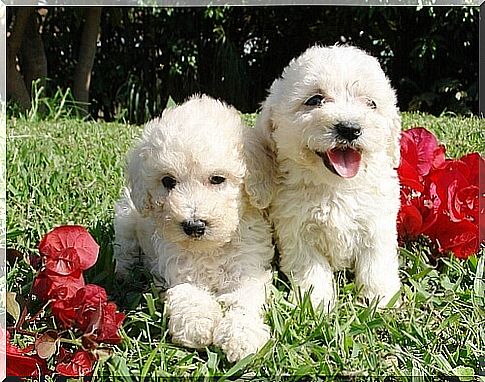
You may have seen some aggressive or rude Poodles, but we want to reassure you that this is certainly an exception. The Poodle is a very intelligent breed that can be brought up very easily.
If you teach him, with a little effort, what you want from him, you will get wonderful results without affecting his enormous capacity to love and to show his affection.
